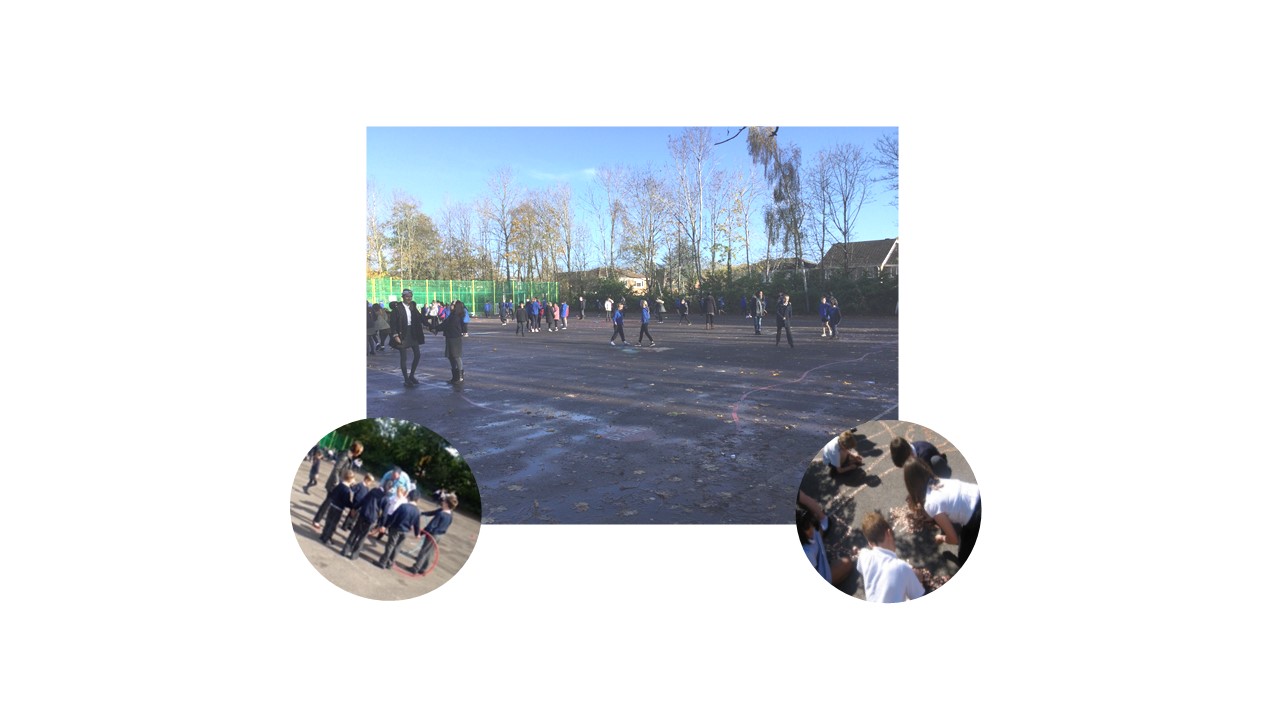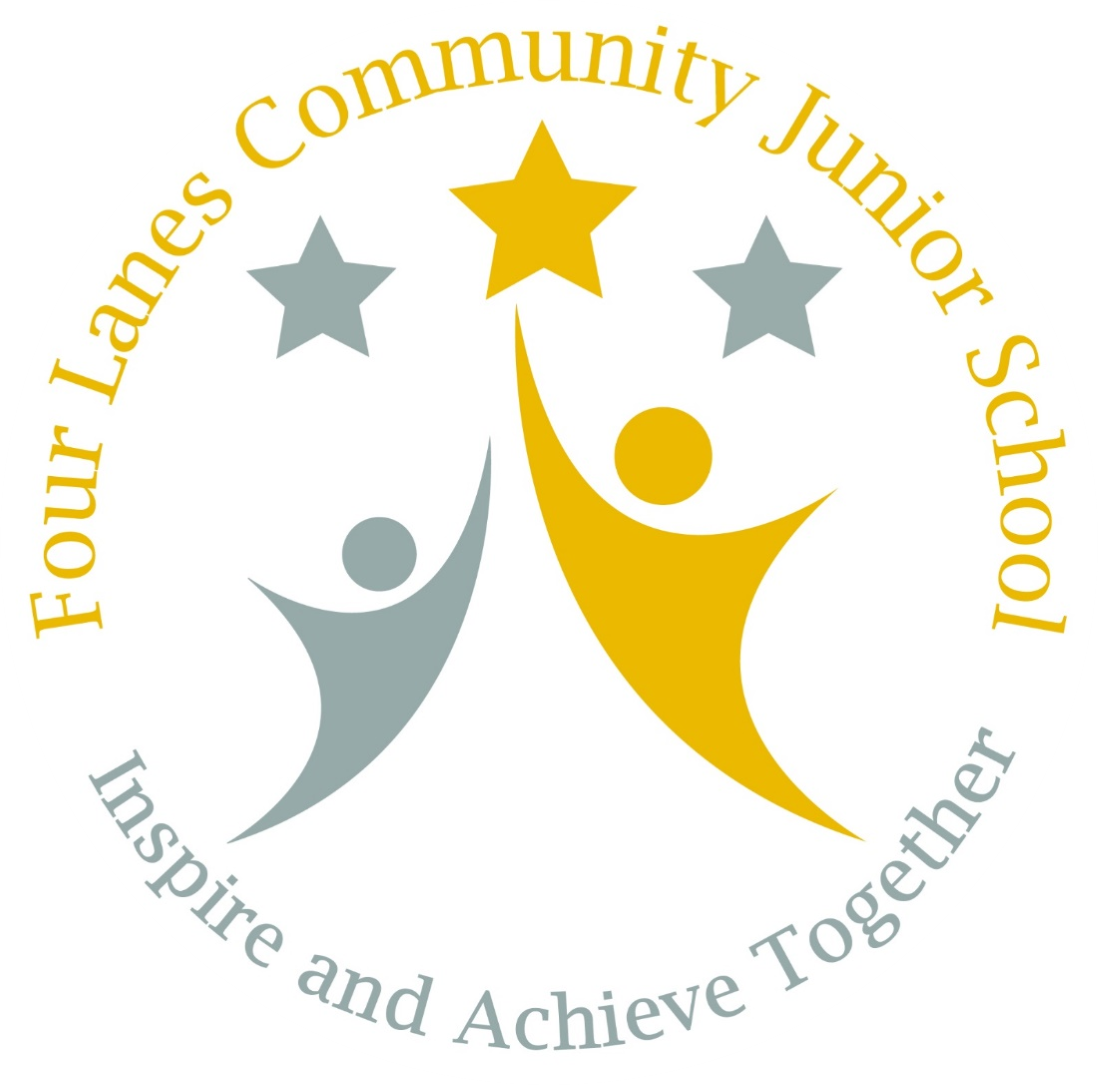Core Curriculum
…the curriculum has been carefully planned. It is broad and balanced and is clear in its purpose and intent for learning.
Ofsted 2018
We believe that children should be inspired and engaged by an ambitious and exciting curriculum. We will take them on a journey to gain knowledge and practise and apply new skills, deepening their understanding and developing a lifelong love of learning.
We aim to develop the whole child helping them to become respectful and tolerant members of society with confidence and belief in their own ability. We will teach them to become resilient and independent learners who learn from mistakes and know how to help themselves improve so they are ready for the next steps in their own learning journey.
We provide a curriculum that is inspiring, creative and challenging where key skills such as problem solving, thinking and working with others are fundamental to teaching and learning across the school. We often integrate subjects such as History, Geography, Science, Art and Design Technology with Maths, English and Computing, helping pupils to make meaningful connections between areas of study.
Our Curriculum Aims
Our curriculum has been designed to provide our children with all the skills, knowledge and experiences they need make good progress.
We aim to:
- Instill the skills and knowledge needed to be responsible citizens with an awareness of individual’s rights and responsibilities, in line with the UNCRC
- Foster high moral values, attitudes, skills and knowledge for active and responsible global citizenship
- Prepare pupils to be effective lifelong learners, eager to learn new things and ready for the next stage of their journey towards adult life and employment in a fast-changing world
- Motivate, encourage and enable pupils to achieve their best; meeting challenges and overcoming them, showing resilience and determination
- Help develop an understanding of the world in which we live and the interdependence of individuals, groups and nations
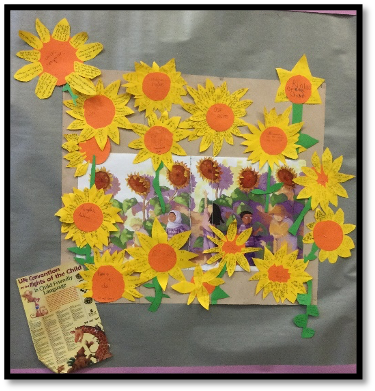
Growth Mind Set
The curriculum is adapted to meet the individual needs of our children, supporting and stretching them to achieve their best regardless of their ability level. Children are encouraged to consider their level of challenge in lessons and to use growth mind set principles to achieve their goals. This helps pupils to develop positive attitudes to their work, embracing challenge and understanding that over-coming setbacks and difficulties are the key to good learning. Integral to this are our school values of: respect, resilience, responsibility, creativity and aspiration.
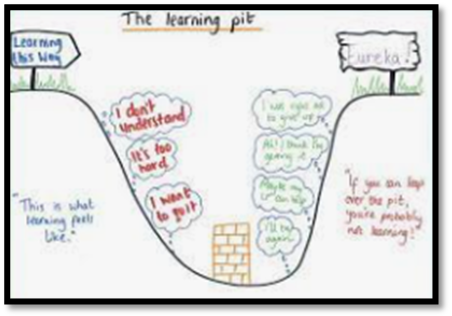
We want all our children to become confident learners who are able to work both collaboratively and independently. We plan with the individual needs of our pupils in mind. We recognise that children may learn best in different ways and at different speeds and this is reflected in our lesson planning, resources and development of the school environment in order to ensure every child is able to achieve success and make progress.
Key Stage Two - Years 3, 4, 5 and 6 (7 to 11 year olds)
The curriculum is made up of the following subjects:
- English
- Mathematics
- Science
- Computing
- History
- Geography
- Physical Education
- Art & Design
- French
- Music
- Design & Technology
- Personal, Social and Health Education (PSHE) including Relationships & Health Education (RHE).
- Religious Education (in line with Hampshire’s ‘Living Differences IV’ curriculum)
Religious Education
Children are encouraged to interpret and respond to a variety of concepts, beliefs and practices within different religions and to begin to explore their own cultural and life experiences. R.E. supports children’s spiritual, moral, social and cultural development. It recognises the Christian religious traditions in our country but takes account of the teachings and practices of other principal religions in order to build respect, tolerance and empathy.
Assemblies and Collective Worship
All state schools are required to make provision for a daily act of collective worship which follows the requirements of the 1988 Education Reform Act. Collective Worship takes place in the daily assembly which is non-denominational and broadly Christian. Assemblies are special occasions when achievements are celebrated, values underlined and spiritual, moral, social and cultural development recognised. The daily act of collective worship is a time of togetherness and reflection on values of importance to the school community. This may take place as a whole school or year group in the hall or as class worship in the classroom.
Relationships and Health Education (RHE)
RHE is about the emotional, health, social and cultural development of pupils, and involves learning about relationships, healthy lifestyles, diversity and personal identity. It involves a combination of sharing information, and exploring issues and values.
Today’s children and young people are growing up in an increasingly complex world and living their lives seamlessly on and offline. This presents many positive and exciting opportunities, but also challenges and risks. In this environment, children and young people need to know how to be safe and healthy, and how to manage their academic, personal and social lives in a positive way. At Four Lanes Community Junior School, we will help to prepare children for the opportunities, responsibilities and experiences of later life through a developmentally age-appropriate Relationships and Health programme. This will be taught sensitively and inclusively, with respect to the backgrounds and beliefs of pupils and parents while always with the aim of providing pupils with the knowledge they need of the law.
Curriculum Enrichment
Our learning environment extends far beyond the classroom doors. We strive to give our children real-world learning opportunities in whatever way best suits their needs, including learning outside the classroom, both within and beyond the school grounds. Currently the whole school community are working together to develop our outside space further as a learning resource. We are very fortunate to have a large field, ball court, pond and playground with seating areas and plenty of space for the children to have a picnic outside in the summer!
Educational Visits
Both visits and visitors play an essential role in learning at school through inspiring and contextualising new knowledge and skills. These vary from local walks to visits further afield by coach. Examples of some visits and visitors include:
A visit to Butser farm to learn about the Stone Age (Year 3)
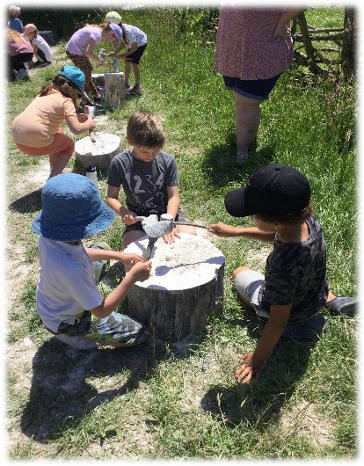
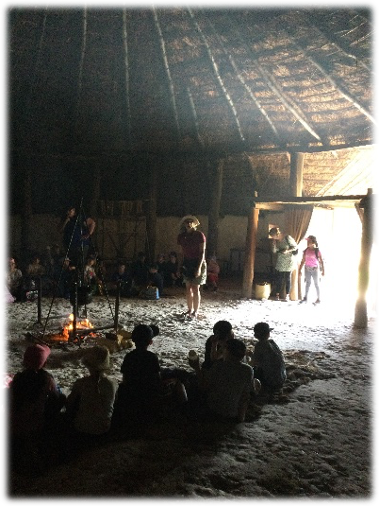
A visit to residential trip to Minstead (Year 4)
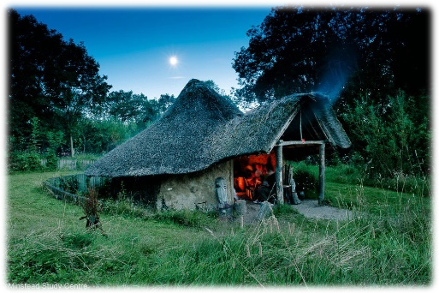
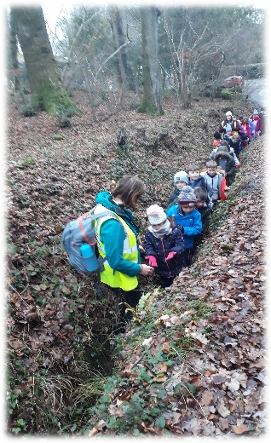
A visit to the Ashmolean Museum and a Planetarium experience (Year 5)
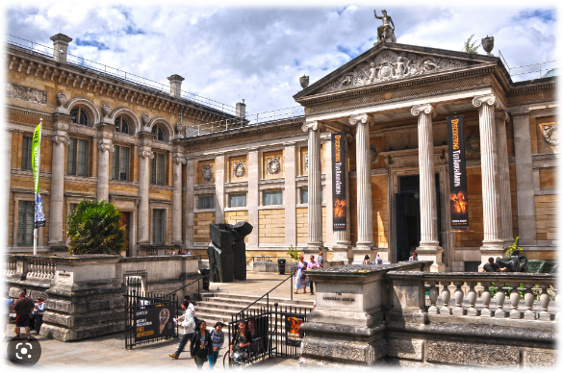
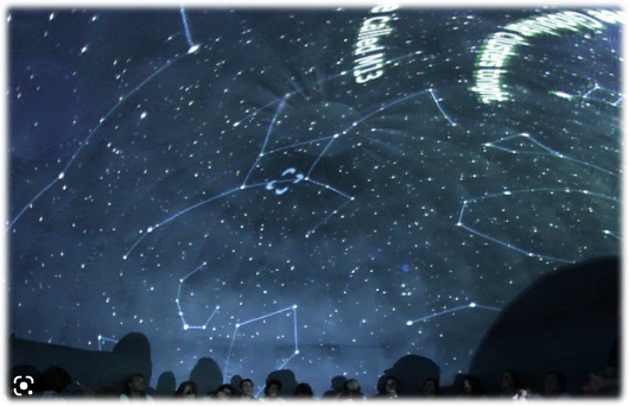
A residential trip to Calshot (Year 6)
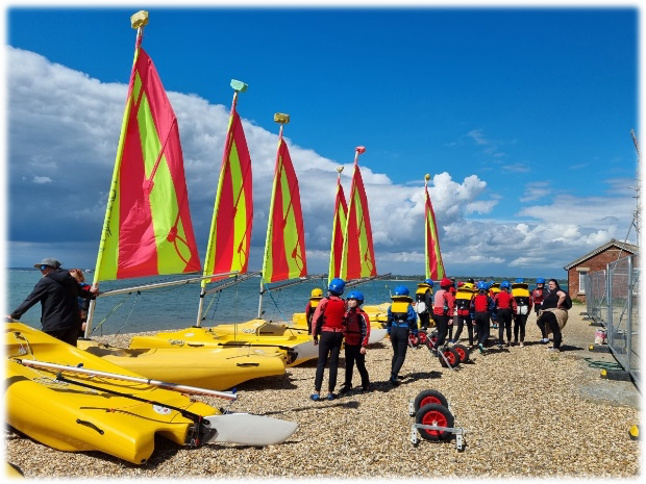
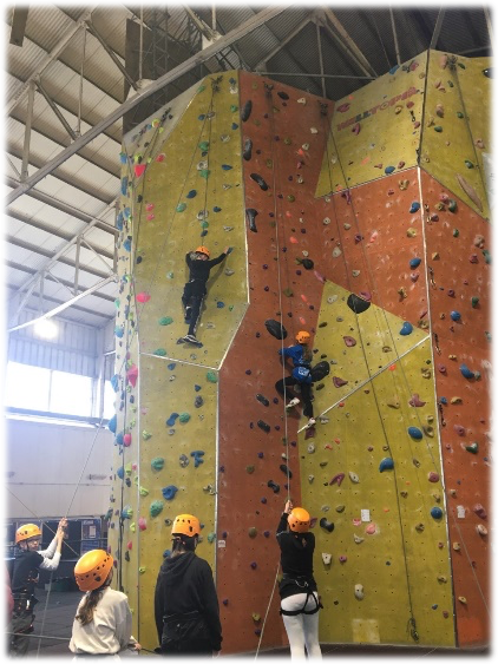
Sports Premium
Sports Premium
Sports funding is used to make additional and sustainable improvements to the quality of PE and Sport in school. At this school, we use sports funding in the following ways:
school. At this school, we use sports funding in the following ways:
- Provide professional development for teachers.
- Development of our outdoor provision.
- Continued affiliation to the Basingstoke Primary School PE & Sports Association, which gives us access to locally provided CPD, sporting competitions and a range of other support including Play Leader training and inter-school competition.
- Identify and develop provision for highly motivated children.
- Develop and support sporting opportunities for disadvantaged pupils.
- Continue to improve resources to benefit pupils in the future.
